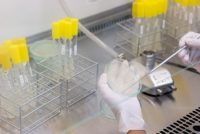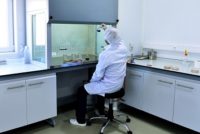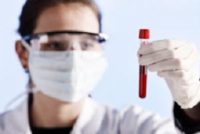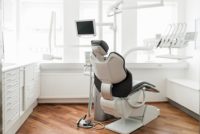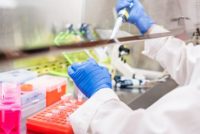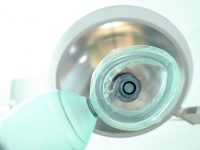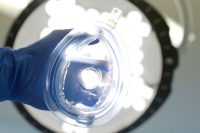Biological Safety Cabinets Protect Workers Against Biological Hazards
Laboratory workers who may be exposed to hazardous chemicals can protect themselves by isolating those chemicals inside a chemical fume hood. Workers exposed to biological agents must also take steps to isolate themselves from infectious hazards with a slightly different type of protective enclosure: a biological safety cabinet (BSC).

